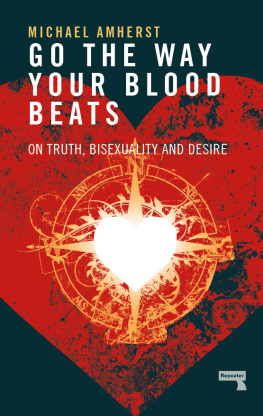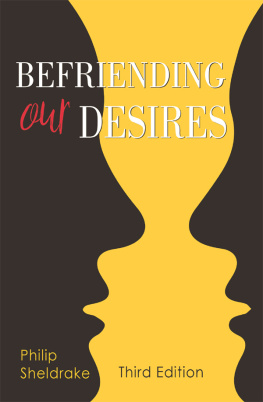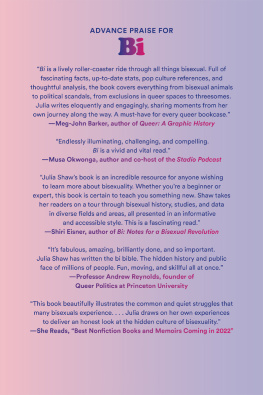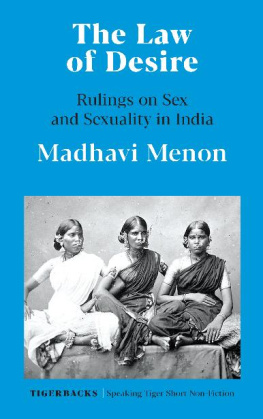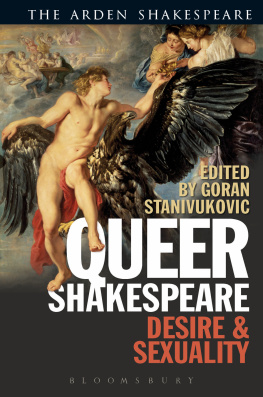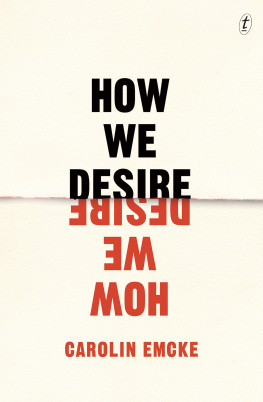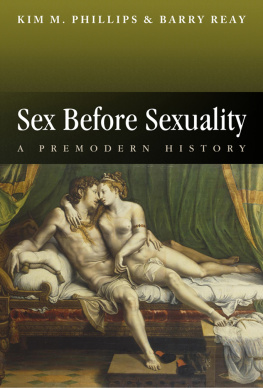Go the Way Your Blood Beats:
On Truth, Bisexuality and Desire
Go the Way Your Blood Beats:
On Truth, Bisexuality and Desire
MICHAEL AMHERST
Contents
Ah, but a mans reach should exceed his grasp, Or whats a heaven for?
Robert Browning, Andrea del Sarto
Best advice I ever got was an old friend of mine, a black friend, who said you have to go the way your blood beats. If you dont live the only life you have, you wont live some other life, you wont live any life at all. Thats the only advice you can give anybody. And its not advice, its an observation.
James Baldwin interviewed by Richard Goldstein, The Village Voice, June 26, 1984.
On the one hand, Im aware that I have no right to this story. What is it I can tell? But on the other, Im the only one who can tell it. If that story is simply and truly how I related to you, how I miss you, what it means to be myself, to live within my head, heart and hands and how you made me see and live a little more clearly that story can only ever be told by me. So, as always, this is not a story about you but a story about me. For that Im sorry. But it could only ever be this way.
Sexuality is about much more than whom we have sex with. Sexuality isnt always about sex, but sex is always about sexuality.
Sexuality can be integral to our sense of self and the way we perceive the world. So much so that we can presume others experience of their sexuality must be the same as our own. I am anxious not to do so here. However, a claim to the unknowability of sexuality a desire for an openness that allows us all to act on our desire for an individual, without fear of our previous desires being reassessed or rewritten seems to me a positive. It is a call for something beyond tolerance. It is not predicated on a belief that we are all bisexual, but that any of us might be. Such a stance realises that love is rarely expected. It is a belief in James Baldwins observation as to the universal value of all people and that:
Love is the lightening of life. Love is where you find it. Your maturity, I think, is signalled by the depth of the extent to which you can accept the dangers and the power and the beauty of love.
In 2013, British Olympic diver Tom Daley released a YouTube video This he had demonstrably not done.
Two weeks later, Daley appeared on the ITV panel show Celebrity Juice. In their opening exchange, the host of the show bluntly asked Daley, So youre gay now? Youre a gay man now? To which Daley laughed awkwardly, before replying yes.
I, like anyone who does not fit neatly into the either/or of gay and straight, find Daleys momentary hesitation and awkwardness familiar. Do I accept gay as the general term for all of those outside of heterosexuality? Do I want to invite further questions about my private life? Do I in front of a large TV audience, in a light-hearted, jovial environment disrupt the rhythm by giving a lengthy and detailed explanation of my sexuality? Do I say no, Im bisexual even though that word doesnt accurately describe how I feel either? Do I take issue, even when I am a man in a relationship with a man so, to all intents and purposes, could be meaningfully described as gay, right now? Or do I simply make the quick calculation that its not worth bothering with in this moment, and say, as Tom Daley did, Yes?
These words, gay and bi, are not neutral; they are not without their problems. Many people described as bisexual find the term problematic because it reinforces a sense that attraction is a binary of either/or; also, that to be truly bisexual one must demonstrate an exact balancing of attraction between men and women. One study, which interviewed Canadian students about bisexual identification, found they believed anything other than an exact split of attraction and sexual activity suggested a preference that revealed an individuals true sexuality. Not only does this make the parameters for anything outside of gay and straight impossibly high, it also mandates a degree of investigation and reporting of an individuals desire that is intolerable.
My experience, and that of many others commonly termed bisexual, is that desire waxes and wanes between the sexes. Even within that, I can meet someone who contravenes my usual sense of what I desire. It also raises questions about what society means by desire how each of us may desire different things from different people and maybe even from either sex. An awareness of such fluidity can also be unsettling. The demand to identify as either/or can leave one in a state of constant flux.
Social attitudes towards bisexuality are starkly different, none more so than the different responses to men and women. The taint of homosexuality often means that even a single same-sex encounter can be levelled against a man as proof that he is really gay. A man who has debased himself by not conforming to the masculine paradigm is forever other. On the other hand, a woman is often perceived to be performing same-sex activity for the titillation of a male subject. Our societys intrinsic misogyny means her sexuality, her very agency, can only be seen through this prism. She demeans herself, not through same-sex desire, but only when she dismisses men altogether.
If I must have a word, I prefer the word queer. It is an acknowledgement of my exclusion from exclusive heterosexuality, without claiming a certainty as to where my sexuality sits amongst straight, bisexual or gay. It is an admission, while at the same time a refusal to engage in the policing of my past relationships in search of my true orientation.
When undergraduates at my college demanded S was added to LGBTQ, for straight, my tutor asked why it was necessary because Q can include everything. This definition of queer as a broad, inclusive term for those deemed in some way outside of the norm is one I can rally behind. I like that it may include heterosexuals who deny otherness, or have heterosexual sex perceived as deviant by the mainstream. This seems important. Not only does it break down the barriers of otherness, it also suggests a future that is genuinely inclusive.
When Maggie Nelson prickles at straight, white men describing their work as queer, asking, Do you have to own everything?, I feel differently. Im dubious about straight, white men describing only their work as queer, but for the same men to describe themselves as queer seems, to me, a victory. It rejects a distinction, and any underlying value judgements, about straight sex. Queer is a denial of the terms of the question, a denial of its validity. If youre asked Are you gay?, Are you bi?, Are you straight?, queer gives no ground. Its an inclusive term for any who perceive the unreality of binary sexuality.
Its a refusal to speak. Not out of shame. But its a refusal to speak, to confirm what I dont know, cant know; a refusal because it doesnt and shouldnt matter; and a refusal because, chiefly, it is none of your business.
The day after his Celebrity Juice appearance, the national newspapers reported that two weeks after saying he was attracted to men and women already Daley had confessed that really he was gay. Really he was gay. The Daily Star, which ran the headline, Tom Daley: Im definitely gay not bisexual, and in the body of the article, Explaining why he initially suggested he was bisexual, Daley said: I came out on YouTube as I wanted to say what I wanted to say without anyone twisting it. But these headlines were a complete fabrication. At no stage did Daley discuss his attraction to women or use the terms gay or bisexual. His response was not an explanation as to why he initially suggested he was bisexual, it was a response to a question about why he used YouTube to announce his relationship.
Eighteen months later, Daley told The Guardian
Next page
